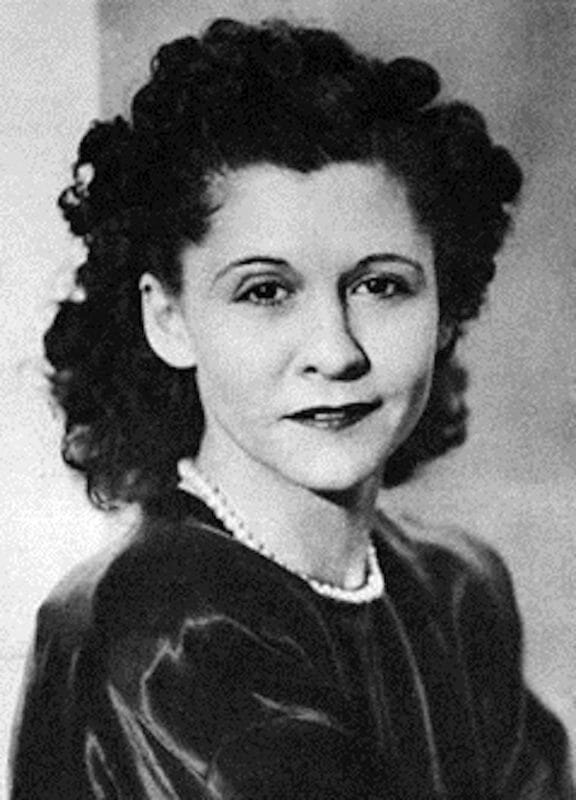Tragic story of Manila club singer who spied for the Allies in WWII

Manila nightclub owner-singer-spy Claire Phillips. WIKIPEDIA
In the late 1930s, Clara “Claire” Snyder, from Southeast Portland, Oregon, found herself in the Philippines after a series of failed marriages and unsuccessful tries at a singing career.
A story about her tragic life ran in Centralia, Washington’s The Chronicle newspaper.
In Manila, Claire Snyder married Sergeant John Phillips, whom she met while performing at a casino. During the Japanese invasion in 1941 and the surrender of U.S. and Filipino forces, Sgt. Phillips was captured and died a prisoner of war.
Sig Unander, a Portland-based documentary filmmaker who is writing a biography of Claire Phillips, told a podcast that there was a “dramatic change [in] the nature of Claire’s character, from being rather self-absorbed to utterly selfless.”
Claire Snyder Phillips opened a nightclub, Tsubaki Club and passed herself off as a Filipina-Italian performer named Dorothy Fuentes, a.k.a., Madame Tsubaki.
She organized a network of secret operatives and made contact with American-led guerillas in the hills. Her Filipina club hostesses flirted with Japanese officers, made them drunk and pried military secrets from them to be sent to anti-Japanese guerrillas.
“You don’t know what you can do until you have to do it,” Felicidad “Fely” Corcuera, one of Claire’s Tsubaki Club performers, told the Oregon Journal in 1951. “You will do the same in [your] country, if you are invaded.”
Claire Phillips did some of the spying herself but worried that an outraged Filipino would kill her as a collaborator or kidnap her 3-year-old adopted daughter. Most of the guerillas and prisoners she aided only ever knew her as High Pockets, her code name.
Despite her caution, the Japanese ultimately broke up her spy ring in 1944, and she was arrested and tortured. She beaten for month until in early in 1945, American soldiers freed her from prison.
Back in Portland after the war, Phillips briefly achieved fame. She was a guest on the popular NBC radio program “This is Your Life.” She published a ghost-written fictionalized memoir, “Manila Espionage.” When the book was adapted into a movie, 1951′s “I Was an American Spy,” she toured the U.S. with members of the cast.
Gen. Douglas MacArthur recommended that she receive the Presidential Medal of Freedom, which Gen. Mark Clark bestowed on her at a ceremony.
But Phillups lived with nightmares and severe anxiety , likely the result of post-traumatic stress disorder, began drinking heavily, ran out of money and couldn’t keep a job.
Claire sought compensation from the U.S. government for her actions during the war. But a wartime colleague denounced her as a collaborator. Some FBI investigators also doubted her wartime claims. “She’s a prostitute,” one note in her file reads. “Got a lot of publicity and is a phony.” The government stated that her claim was baseless.
Years after the war, her Philippines diary turned up, helping verify her work for the Allies. But it was too late for the broken Phillips. She died in 1960 of meningitis, at 52.

